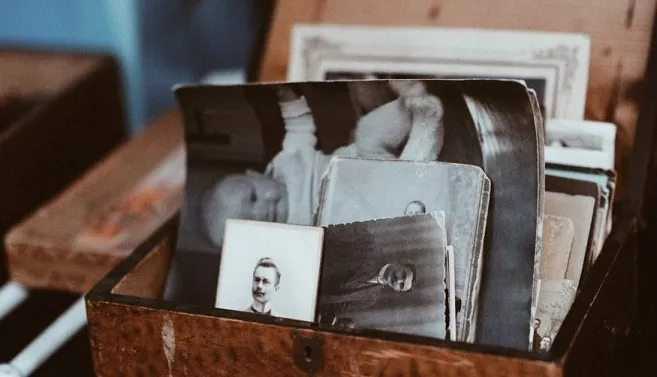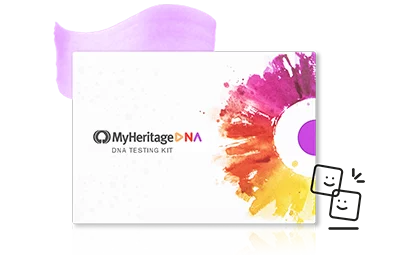
Trying to find your birth parents? Being involved in searches both in my extended family and as a professional working in the genetic genealogy world has brought me into contact with a lot of experiences, opinions, and resources. Especially if you’re wondering how to find birth parents with little information, DNA testing is the way to go. Here’s some advice I’ve gathered for those who are considering or already have involved DNA testing in an adoption-related search.
Cast a wide net
This is the #1 advice given by those familiar with using DNA to connect biological family. The more opportunities you give yourself to match with others who have tested their DNA, the more likely you are to receive a helpful match. MyHeritage has made a broader search possible by offering DNA testing as well as allowing you to upload a computerized file of your DNA results (called raw data) from another company to the MyHeritage platform and receive matches to the millions of users in the MyHeritage database. This blog post explains the importance of “fishing in all the ponds.”
Prepare for the unexpected
Your adoption-related search may be lengthy or short. The family you connect with may be surprised about you or may have been searching for you for decades. The speed at which a new relationship forms with a match may progress at any rate. It may feel uncomfortable to you, whether it’s at the rate of a tortoise or a hare. There is no one identical experience, but there are often similarities between searches. Here are the results of a survey about using DNA testing in adoption searches and what you could expect. Of course, your personal experience might vary greatly from the norm.
Explore all your options for “matching”
DNA is one avenue for identifying and connecting with a biological relative. Although it has been the key for many, it isn’t the only path to a reunion. Your options for the search are many, including: joining mutual consent registries, contacting the adoption agency or social service that handled the adoption, researching your rights for obtaining a copy of original birth certificates and adoption records, working with a certified confidential intermediary (CI) to make contact through a third party, and talking with older relatives and family friends to see if they have any additional information related to an adoption in the past.
Identify people and resources to support you along the way
Some friends and family may support a search for a birth parent or adopted child, and some will not. Regardless of how your loved ones react to your decision to search, the Internet provides an ever-present source of information and a way to connect with others who have been through the same process. You will likely be able to identify someone who has been through what you are going through. Support and more information are available if you look in the right place. Websites like dnaadoption.com, podcasts like Adoptees On, groups like the DNA Detectives (website and Facebook group), and books like Finding Family have been helpful to different people affected by adoption.
Seek out an adoption-competent counselor
One person who was adopted told me that working with a counselor was the best thing she did to prepare for the search for biological family. Getting started on the journey — or trying a new approach, like DNA testing if you haven’t done it before — might bring up some emotions you weren’t expecting or prepared for. You can start your search for an adoption-competent counselor from this list or by using the “Find a Therapist” feature at psychologytoday.com. Working with a trained counselor may help you understand your fears and anxieties and help equip you to handle the bumps in the road on your search, regardless of the final outcome.
Those who were adopted have expressed different reasons for wanting to search. Only the adopted person (or a birth parent or sibling) knows for themselves if and when is the right time to search. Know your reasons for your search ahead of time, and get started with these and other tips. You may be only one DNA test away from finding what you’re looking for.



